How scary is cell phone addiction? Google, Facebook designers appear to say
The following article is from The Bund on the Bund The author of The Bund Jun
Bund media to create, high-quality city life guide, taste of people here.

Source: The Bund (ID: the-bund)

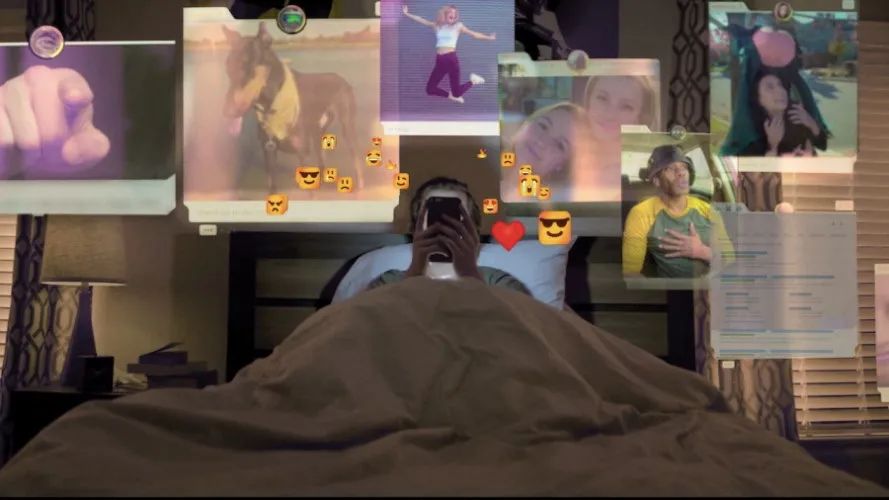
Before you read this article, ask everyone a question. How much time in your day is occupied by your phone?
My phone's screen shows that it takes about 5-6 hours a day, which coincides with a report released in 2018:Chinese mobile Internet users spend an average of 5.69 hours a day online.
It's hard to imagine that, apart from sleeping for eight hours and working eight hours, everyone is almost playing with their phones for the remaining eight hours.
As we become more and more addicted to mobile phones, a recent American director did something - inviting former developers from Facebook and Twitter to expose how addictive social media can be.
In this latest Netflix high-rated documentarySurveillance Capitalism: Smart TrapsSocial media is a lot scarier than you think.

Even the industry is addicted to online products
Harris, the protagonist, is a former Google design ethicist known as Google's grudging conscience. The film brings together former employees of tech giants such as Harris, including Facebook's "like" button co-inventor, Pinterest's former president.
These former employees had the opportunity to stay in Silicon Valley to enjoy high-level jobs, high salaries, but did not work for several years to leave. In their eyes, unregulated social media is no different from "drugs".
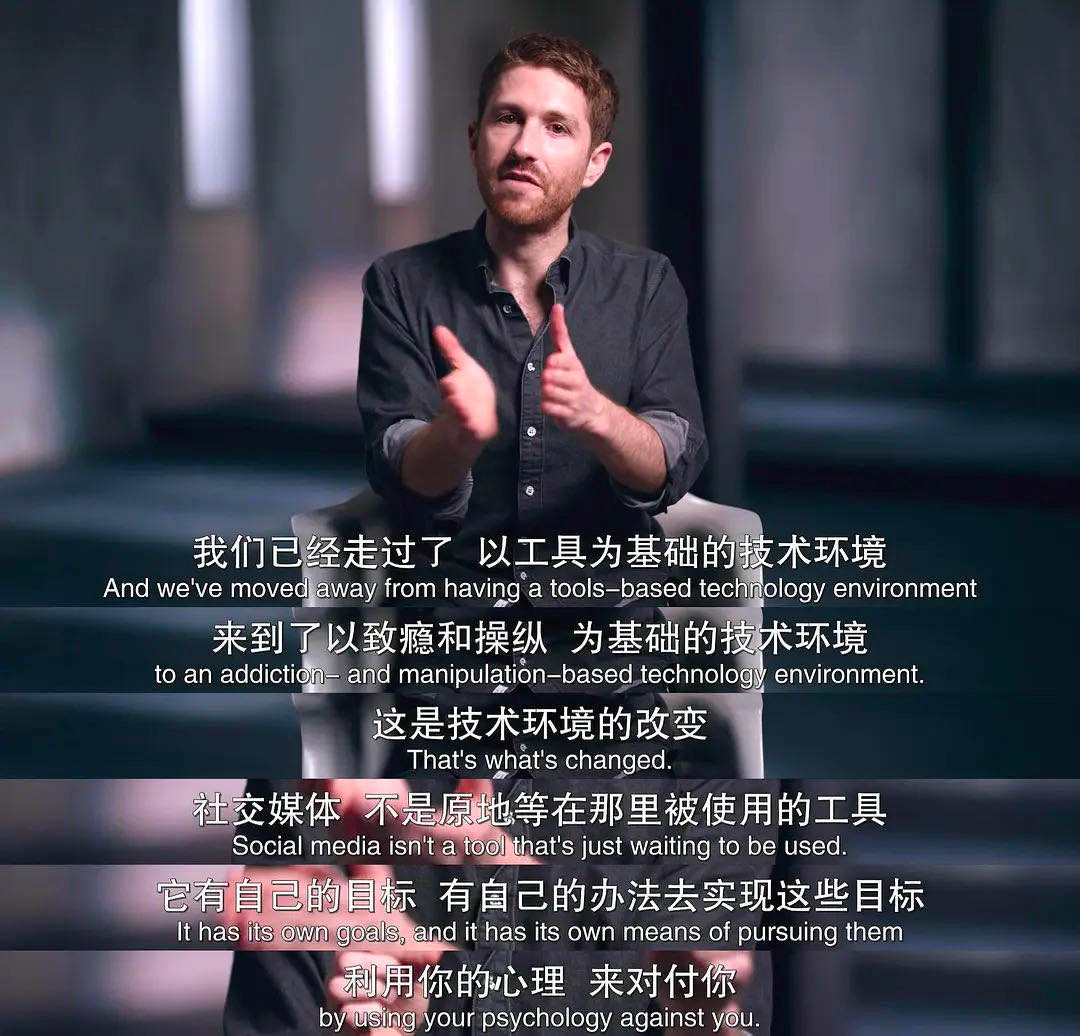
Harris worked for Google's Gmail team, and his colleagues worked hard, and the software was designed to polish every detail.
But over time, he found himself addicted to Gmail, constantly checking his emails, and what he couldn't understand was that no one at the company had thought about how to put a "brake" on the feature - to prevent addiction.
He tried to write a mailbox that used the report to send to colleagues, many of whom felt the same way and responded. But soon it lost its voice, and Google didn't make any changes.
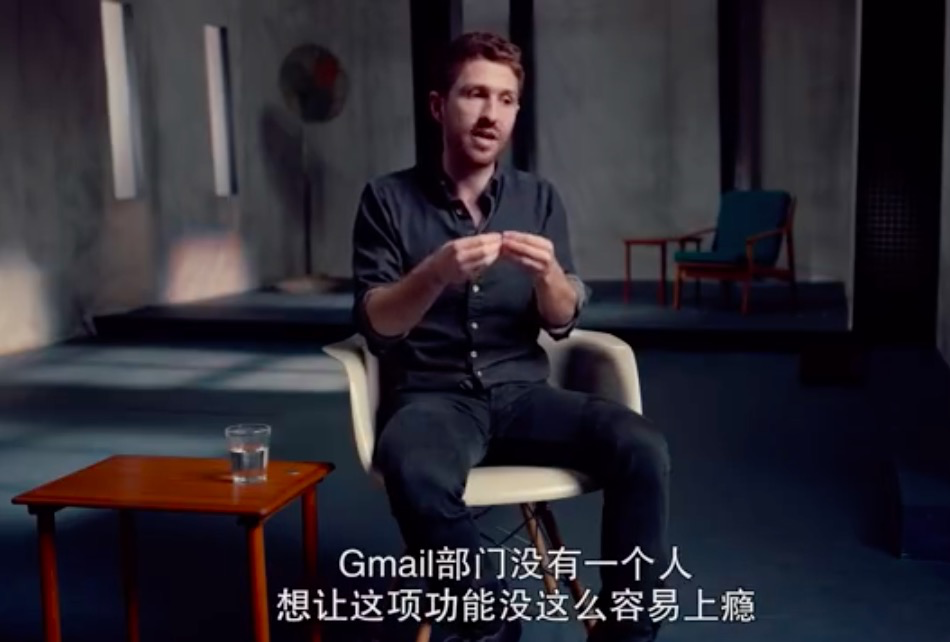
It's not just Harris, but Tim, Pinterest's former president, is also addicted to social media. Even he felt sarcastical, "I'm at work during the day to create something that I'm obsessed with."
When he got home from work in the evening, he grabbed his cell phone and had to write mail even in the storeroom. He is also a father of two, but he has no way of caring for and caring for his children's needs.
Tim didn't try - he wanted to use willpower to leave his phone in the car before he went home, and he reminded himself thousands of times a day not to take it to the bedroom.
But no matter what way he used it, in the end it didn't work, and as soon as he picked up his phone, time began to pass a little bit. . .
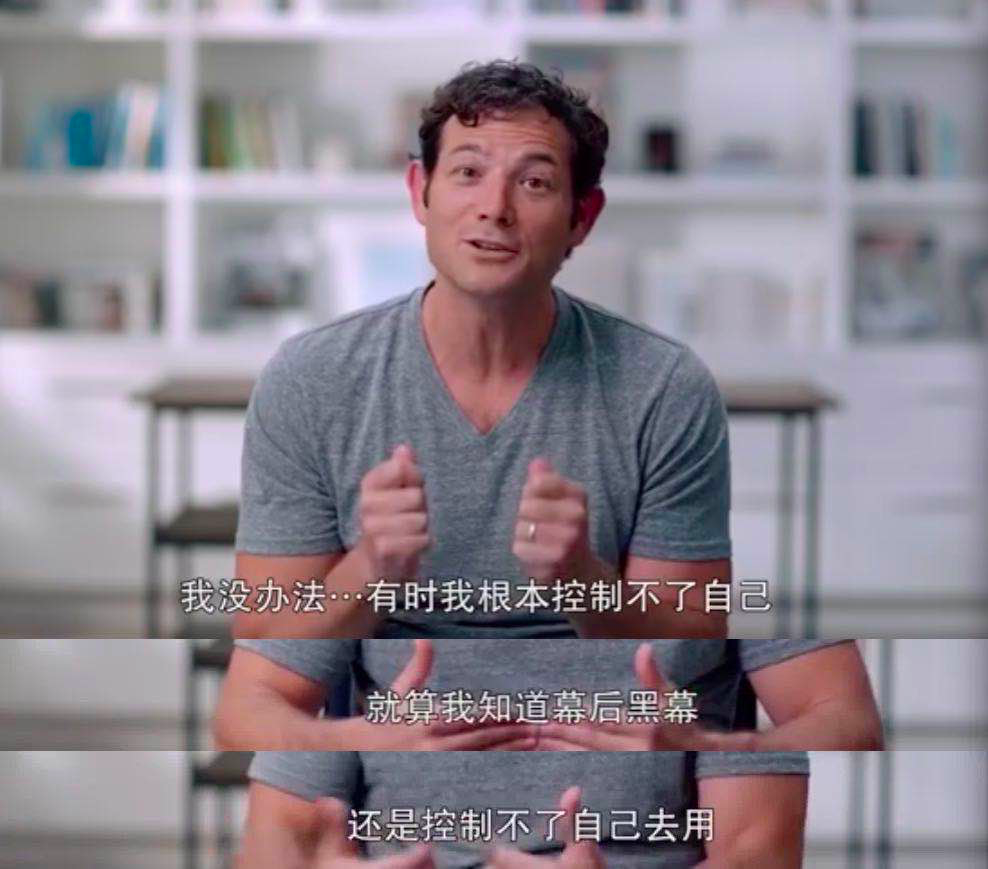
Anna, an addiction expert at Stanford University, has also been worried about the time her child spends using her phone every day and has to argue.
The child insists that he only plays with his cell phone for more than an hour a day, but in fact he is monitored for nearly four hours a day, which even the child himself can't believe.
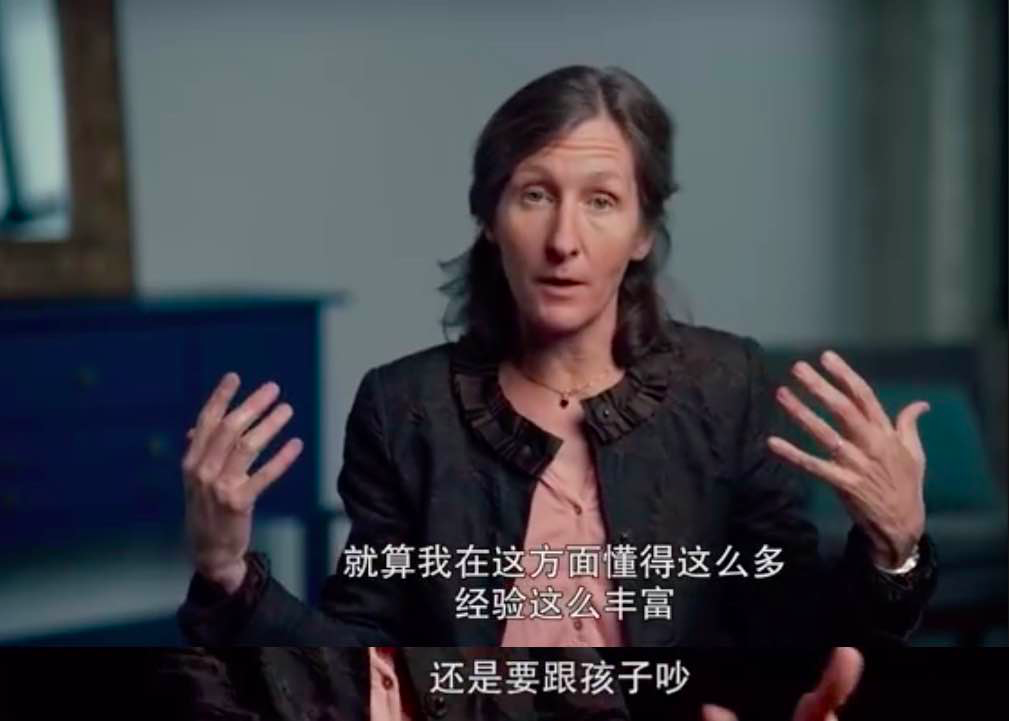
See the above picture, do you feel a little familiar, this is not the daily addicted to mobile phone network of us?
It's scary that even those with a background of expertise, or even the software they develop themselves, can't control themselves and those around them from being caught up in it.

Why social media is so addictive
How does wanting social media to make people addicted? You have to know facebook, Google, Twitte first.
Many people think that Google is just a search engine, Facebook is a social software that cares about friends, but behind these software is killing traffic, robbing each other of our time.
For the past 10 years, Google has been making money by selling out customer data. What are they doing with the information? Build a model. Once modeled, we can predict what we're going to do based on past habits.

On the Internet, what we've done, the places we've clicked on, the movies we've seen, the content we've liked, we've all become part of the model, and we're going to go back and build a more accurate model.
For example, if someone browses an interface that is always stuck on a bloody, violent page, the system will judge him to be an activist.
He'll get a similar message all the time, but these nipples won't be free, and the next time he pushes an ad product, it's probably a gun or a knife.
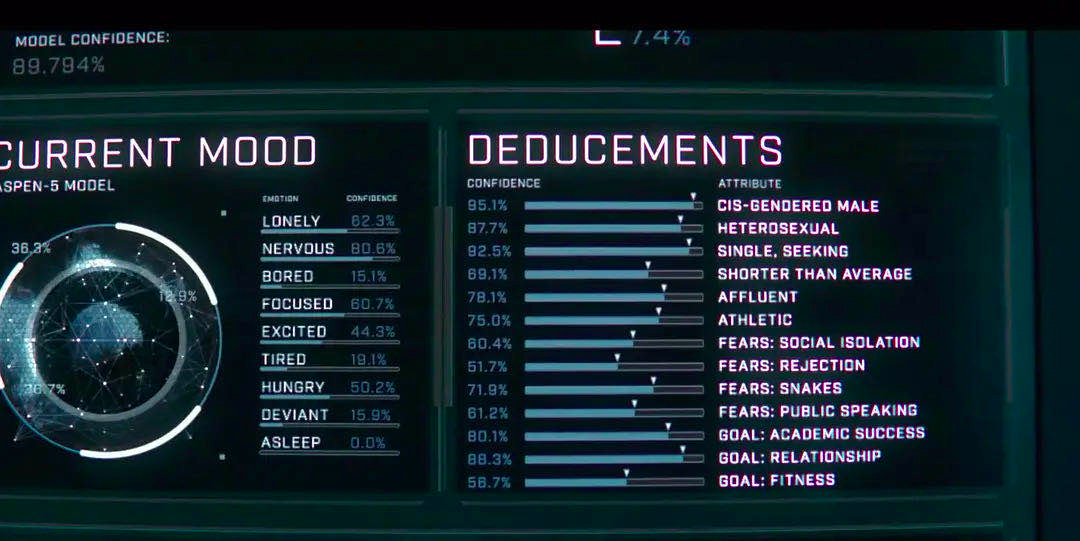
As Harris said, "If the product is free, then you are the product"。 Apps like user preference monitoring, smart message push, and personalized ad recommendations are all for the purpose.
They seem to make our lives easier, but they're really holding us to think, putting the subconscious into our brains, affecting us in making decisions, and finally "selling" us to advertisers.
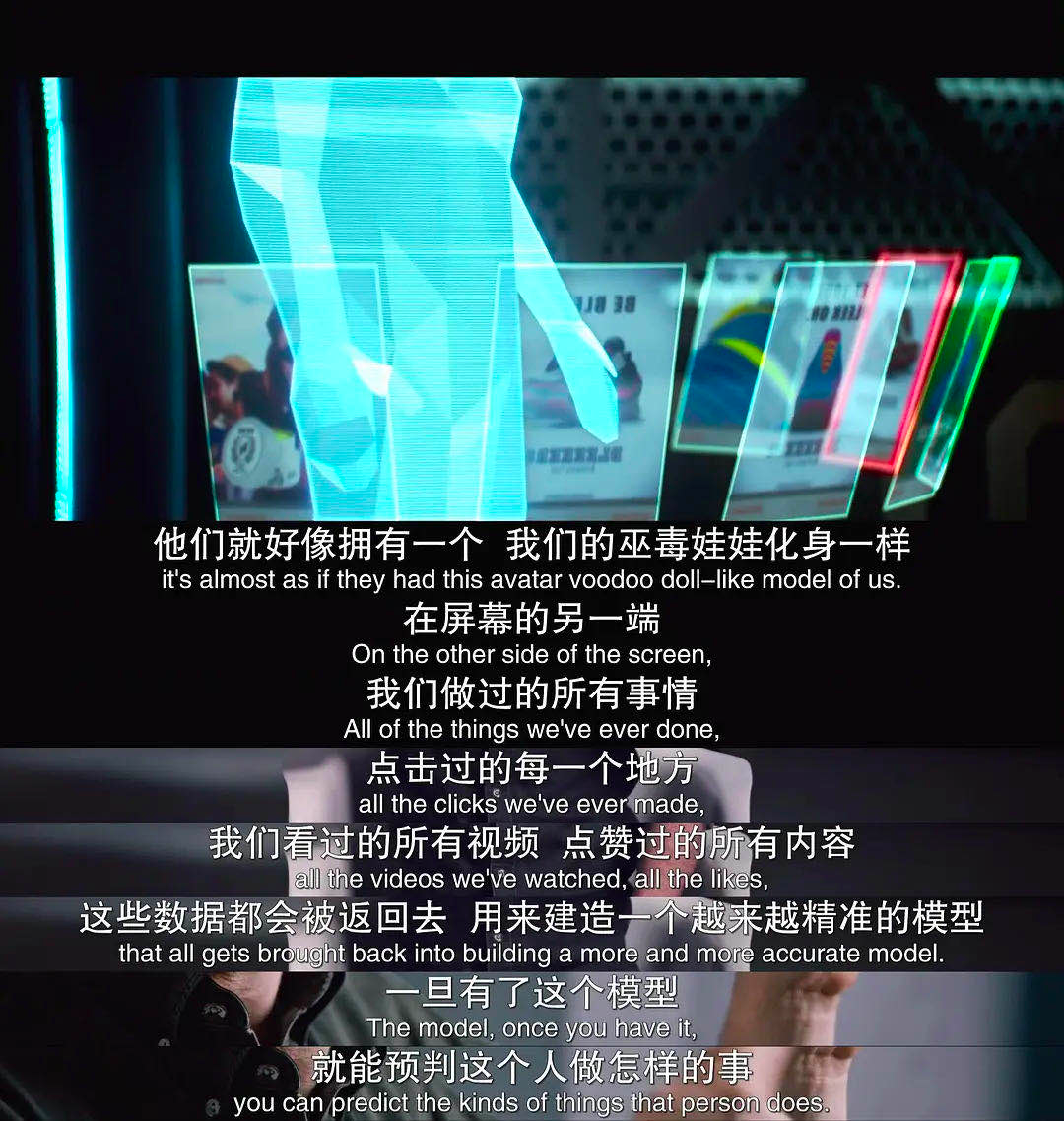
Harris also mentions a course, Hacker Growth. This course can turn engineers into half psychologists, crack the human mind, and achieve the role of changing human behavior.
Take the micro-blog, shake the sound of the commonly used up and down sliding this action, the psychological term is called intermittent enhancement, in fact, is to use people to seek stimulation of gambler psychology, and constantly "bet."
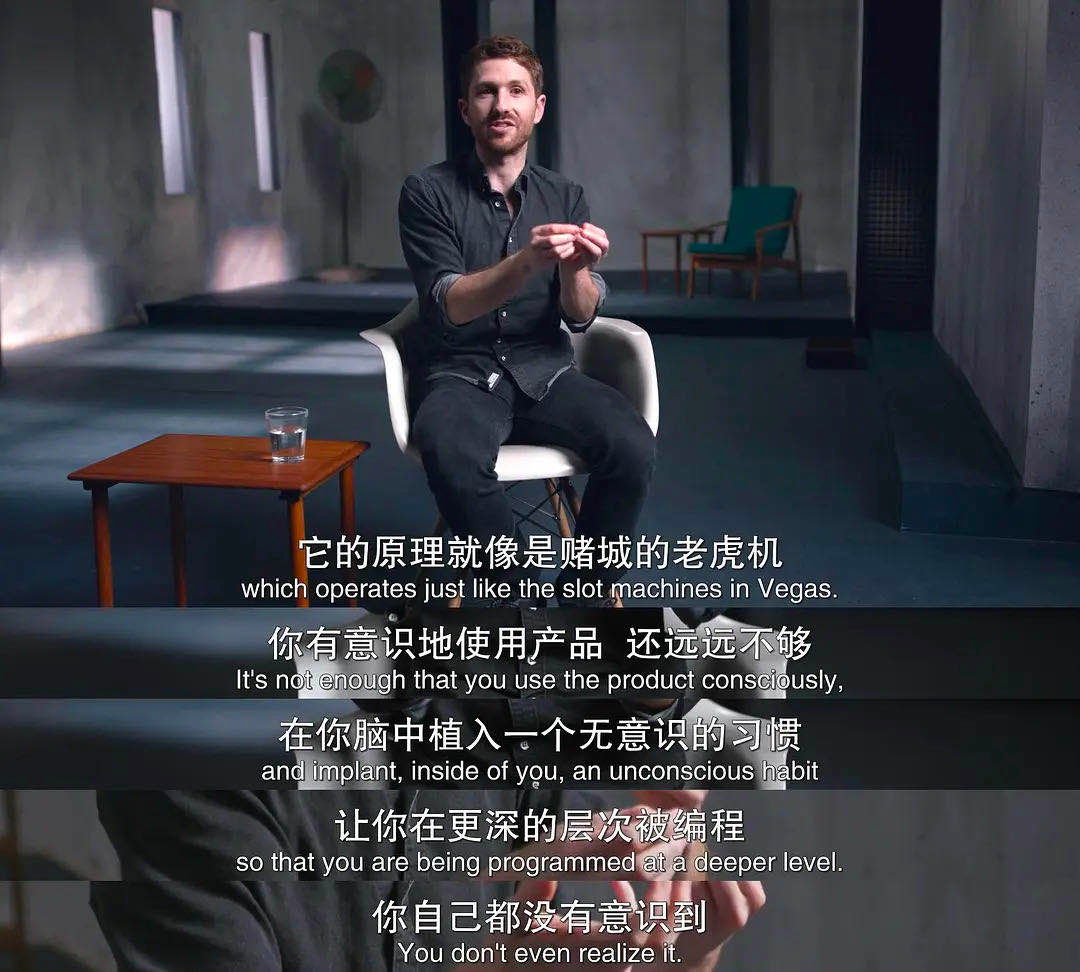
There are many examples, such as the phone screen lit up, pop-up push, pick up the phone's action will be passed to our minds, and then cut off the phone.
And if you get a message on Weibo that you have a friend who's just arrived at you, then you'll no doubt click in again.
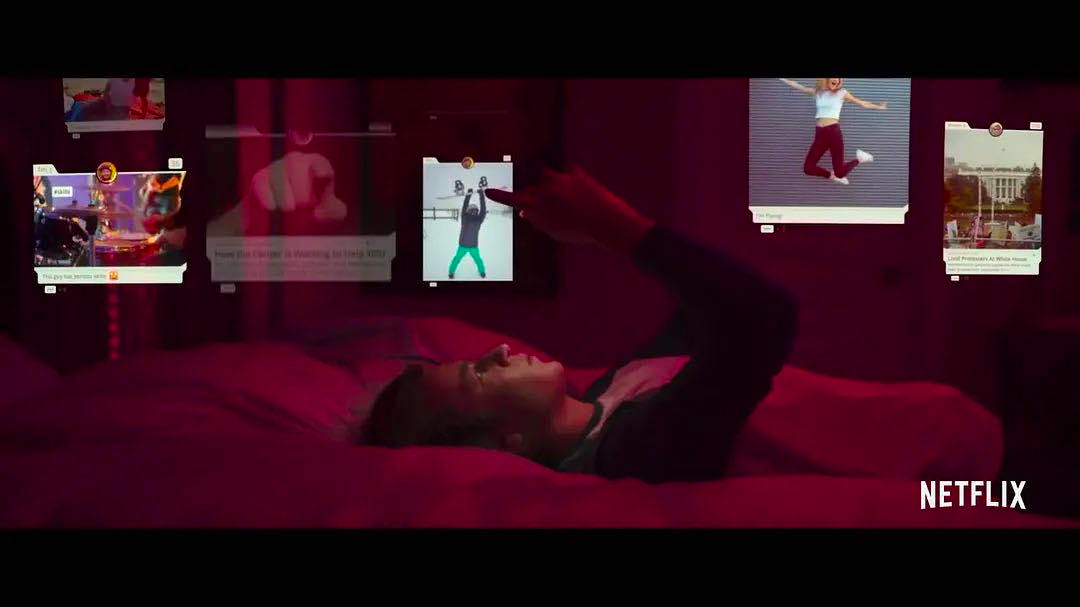
Addiction expert Anna explains that the process of socializing with others releases pleasant dopamine. This habit of grouping and reproduction was etched into our genes hundreds of years ago.
The lack of dopamine in the brain after addiction can lead to people using their mobile phones non-stop, and the whole behavior process may be completely unconscious, but it takes a lot of time.

Worries and fears from developers
As Harris reveals the secrets of social addiction, he also raises even greater concerns that "pacifier music" is undermining our ability to think independently and deal with negative emotions.
What is even more frightening is that capital, for greater gain, is further changing and controlling the world before our eyes.
When a person is constantly indoctrinated with a single message, he or she will believe it to be true。 Fake news spreads six times faster on Twitter than real news. This kind of social system is simply a natural fermentation pool for fake news.
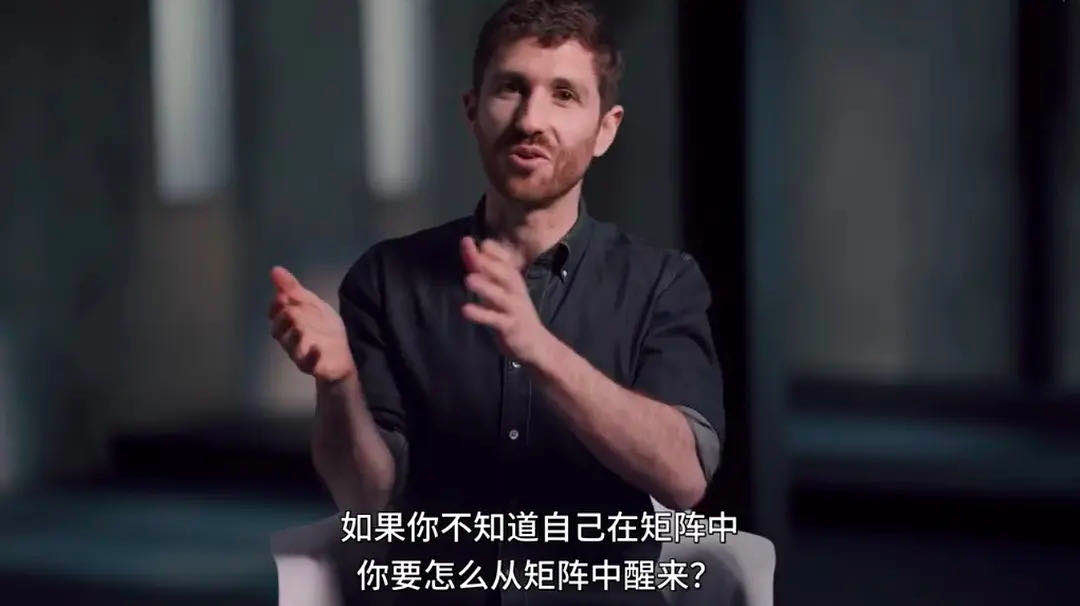
This year has also been the year we've experienced the most fake news and god reversals. Whether it's rumors, conspiracy theories, or all kinds of women's issues during the outbreak, it's triggered a circle of friends brushing the screen.
Behind the system, those things that we thought were anti-intellectual, earthy, and incredible were actually pushed precisely in front of the corresponding crowd.
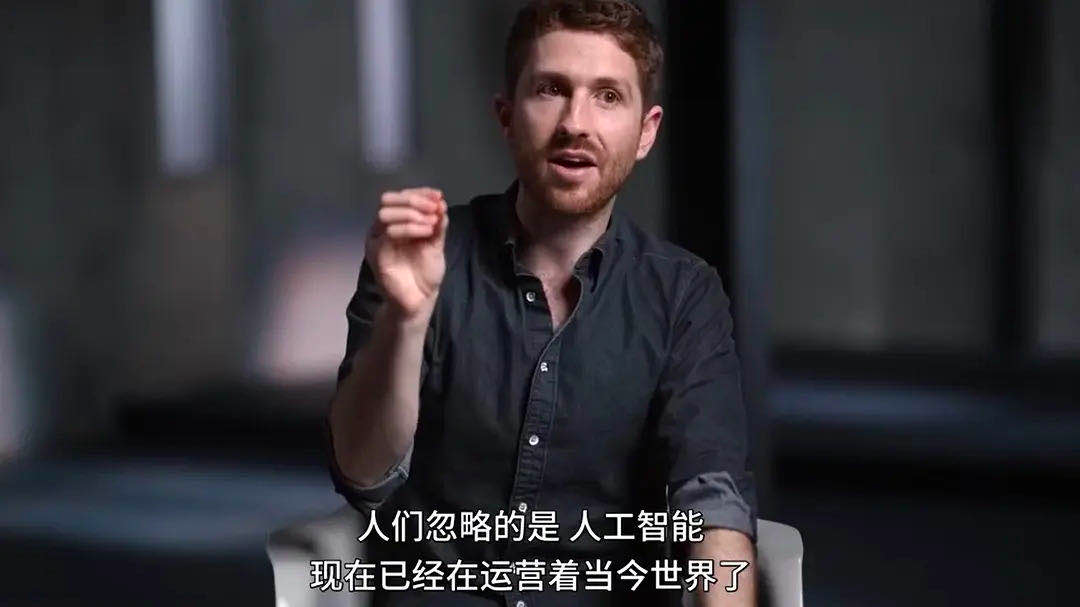
It is worth noting that social media is also further controlling children's sense of self-worth and identity. Such as the Meitu show, friends circle praise and so on.
These are "traps" that even an aneon can't avoid, changing and hurting themselves by shaping accepted standards by others. So what happens if children use it?
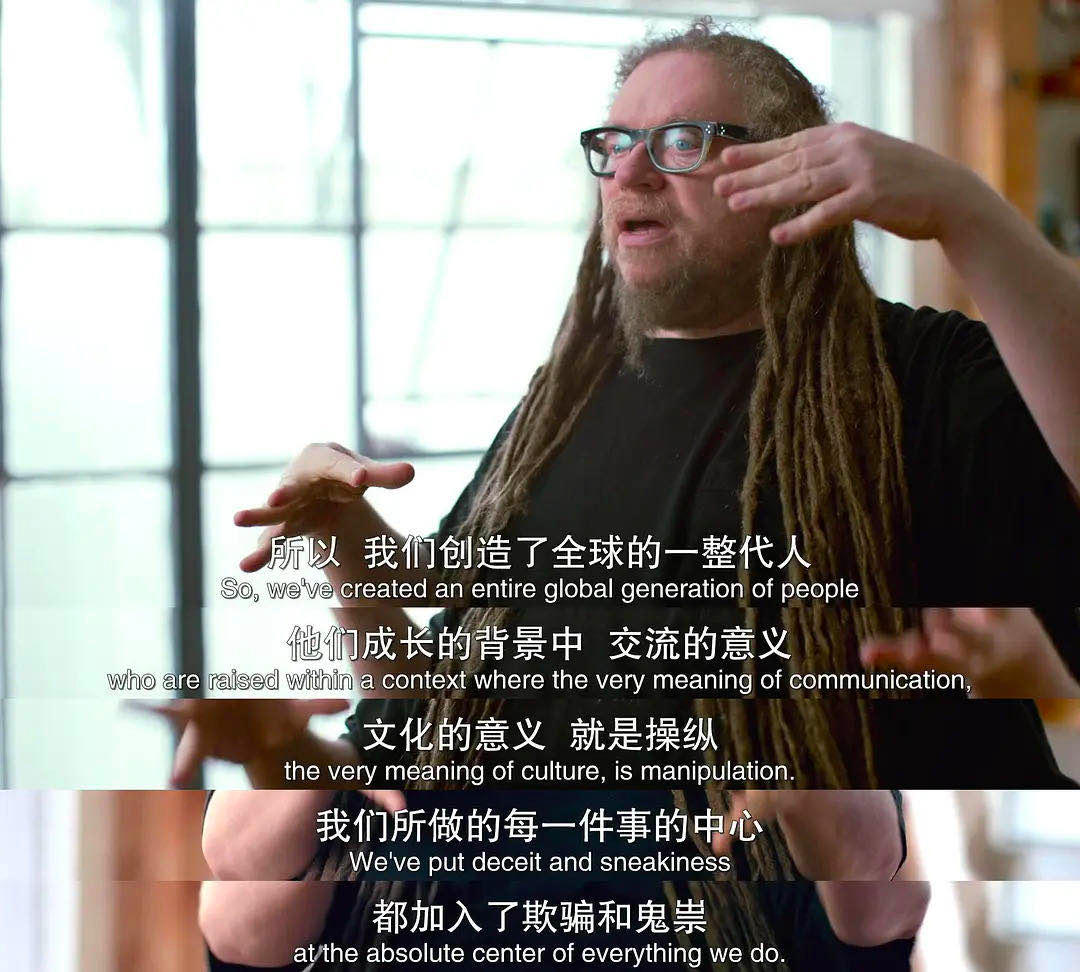
The children born in 1996, the so-called z-era, were the first generation in history to use social media when they entered high school.
In the face of all kinds of information and social shocks without valves, children throughout the Z era become more anxious, vulnerable, depressed and afraid to take risks.
According to statistics, between 2005 and 2015, china's depression-prone groups are increasingly developing towards a lower age, with frequent depression among adolescents.
Depression among Chinese teenagers is close to the global prevalence rate of 1.3%, and all the data point to the emergence of social media software.

Brushing your phone too often can not only interfere with a person's normal pace of life, leading to sleep disturbances, but also cause others to become cognitively depressed and complaining, according to a British study.
This harm is more severe for girls and young women than for boys and young men. As many as three-quarters of 14-year-old girls with depression have low self-esteem, are dissatisfied with their appearance and sleep no more than seven hours a night.
So when we see the lives of young people in life, on the Internet, you may never know what they've been through behind their phones.

Advice on how to fight cell phone addiction
While technology has caused us countless dilemmas, technology scientists, including Harris, have not just attacked it.
In addition to government regulation, the problem with social media is the business model. There is no problem with companies trying to make money, but the system cannot be without brakes and guarantees.
And science and technology as a tool, more like a double-edged sword. Just as praise is meant to spread positive energy and love, but did not expect to cause people to compare and vanity dilemma, the same is true of excessive reliance on mobile phones.
Regarding mobile phone addiction, professional technology practitioners give us some practical advice:
1. Delete all the program software you don't need and waste time deleting it all, including social software, news software, etc.
2. Turn off the notification push alert function and don't let urgent or currently un important information keep your phone vibrating.
3. Try to use a search engine that does not store search records. Google has a number of extensions that can remove recommendations.
4. Instead of watching any short videos pushed directly into front of your eyes, choose and search for yourself for the purpose of gaining knowledge. It is also a way to counter capitalist surveillance.
5. When reposting news, check more, assess whether the source is reliable, collect more, and be wary if it looks like it's provoking your emotions.
6. Don't click on an inductive title article, which will give the algorithmic engineer behind the scenes guess what you like and push you further.
7. Be sure to have a variety of sources of information, integrate into your life, pay attention to your different views, and prevent getting into your own opinion.
In addition, in the documentary, science and technology practitioners have raised important points:Don't let kids use social media, don't let kids use cell phones.
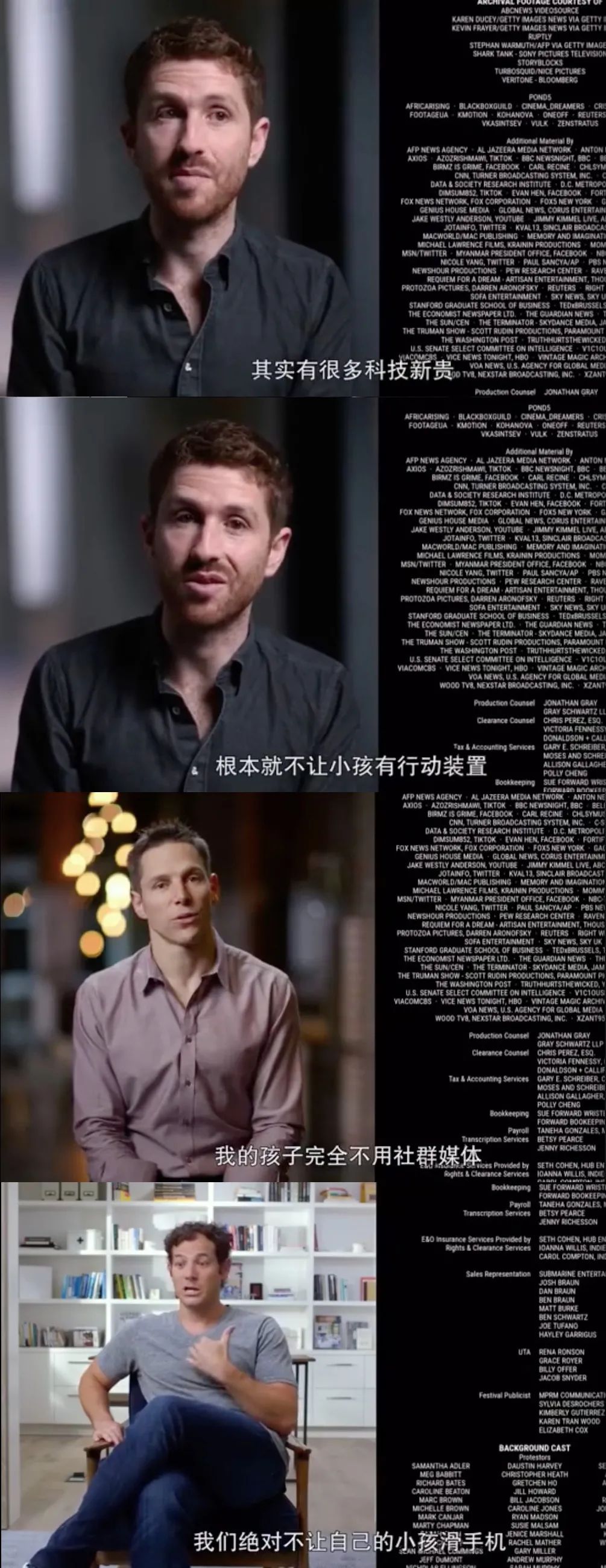
Here are their family rules:
1. No electronic products are allowed in the room at regular times of the night, no matter what time, half an hour before bedtime.
2. Social media is not available until high school, preferably after the age of 16.
3. Parents and children discuss a reasonable time to use electronic products.
Resources:
1. World Health Day Focus on depression and aging Guangming Daily
2. "Total Brush Mobile Phone - Source of Anxiety?" Indulging in social media can lead to depression among teenagers, according to the Beijing News
Images from the Netflix documentary "Monitoring Capitalism: Smart Traps" can be deleted if there is infringement






Poison tongue technology l ID: dushekeji
Long press and hold two-dimensional code, one key off note

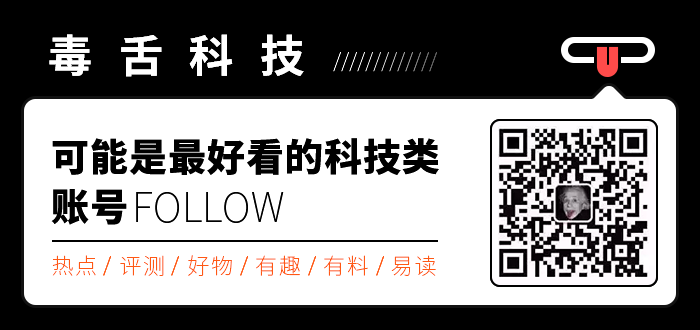
Go to "Discovery" - "Take a look" browse "Friends are watching"